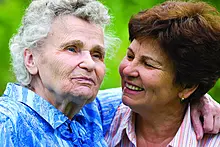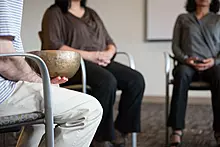
It isn’t unusual for people with cancer to find that the intense care and show of concern from friends and family begins to gradually dwindle away after their initial diagnosis. They may begin to feel their support systems slowly fading away as treatment progresses. It’s vitally important to remember that cancer treatment and recovery is often long and arduous, which is why it’s so important to provide cancer support throughout the entire duration of your loved one’s treatment.









